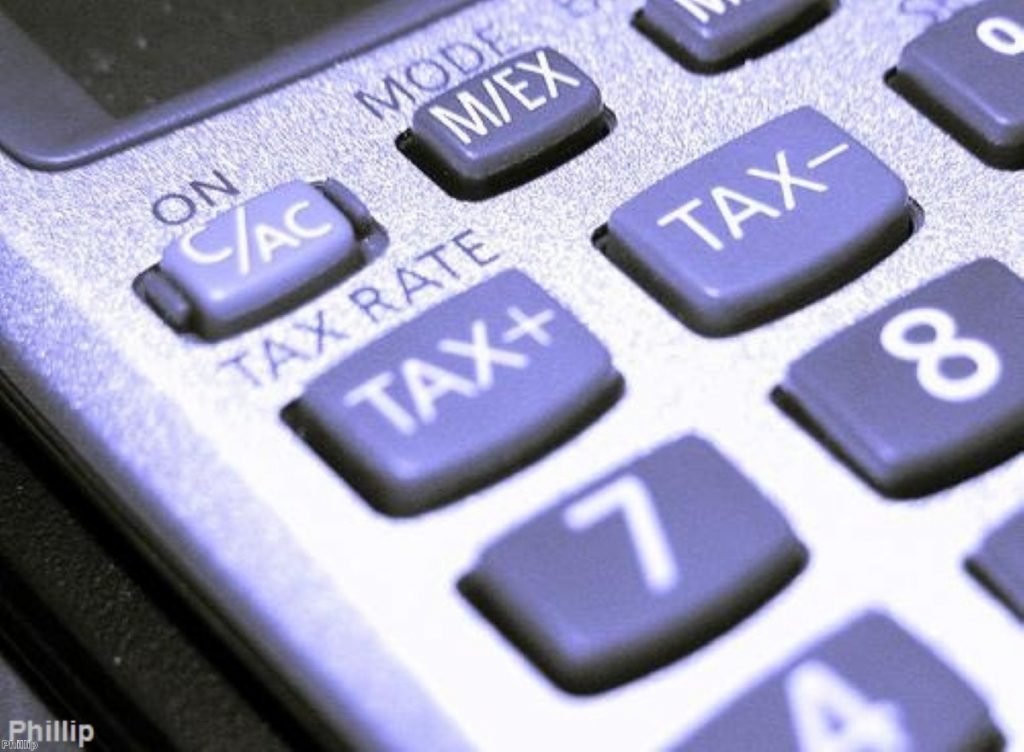Time to cut VAT, Balls tells Osborne
By Alex Stevenson
George Osborne should cut VAT to stimulate the struggling UK economy, shadow chancellor Ed Balls has suggested.
His proposal to repeat the temporary cut from 17.5% to 15% implemented in the final stages of the New Labour government is the most significant policy proposal to emerge from his lecture to the London School of Economics this morning.
This January saw VAT increase from 17.5% to 20% – a move which former Labour chancellor Alistair Darling had privately acknowledged would have been necessary had Labour won a fourth term in power.


Mr Balls argued that the 13-month temporary cut had made a real difference which helped the economy return to growth, however. The Institute for Fiscal Studies called the an "effective stimulus", he pointed out.
"My suggestion to George Osborne is that, while he will not agree to reverse his mistaken VAT rise permanently, he should now reverse it temporarily until the economy is growing strongly again," he argued.
The shadow chancellor suggested the move would help push down inflation, put more money into consumers' pockets and "give the flat-lining economy the jump-start it so urgently needs".
Mr Balls added: "The question is not the cost to George Osborne of paying for this temporary emergency tax cut, but the price our country will pay if he carries on regardless."
UK GDP growth has broadly stagnated in the last three quarters. But the coalition is in an upbeat mood on the country's prospects after unemployment figures yesterday showed the biggest fall in the number of those out of work in over a decade.
Mr Balls used his lecture to argue once again that the rapid pace of public spending cuts was hurting the UK economy.
"It is the right of a new government to change course," he added.
"But while he might have been expected to carefully contemplate the fork in front of him and consider the consequences of his decision, George Osborne did not hesitate in making a rash and headlong lunge down the path of rapid deficit reduction."
The chancellor has stood firm in the face of demands that he consider a 'plan B' to dealing with Britain's large fiscal deficit, however.
Mr Balls accused Mr Osborne of implementing his plan because of "electoral politics", not the good of the nation.
Rapid tax rises and spending cuts were designed to fit into a political timetable which "gets the pain over early" and "makes Labour take the blame", he suggested.
The plan also "uses the Liberal Democrats as a human shield" and hopes to "store up a Tory war-chest – bolstered perhaps with the proceeds from a quick sale of Northern Rock – to cut income taxes before the election", he claimed.
Mr Osborne announced he planned to sell off the bank, nationalised at the height of the banking crisis to save it from a complete collapse, in his Mansion House speech to City bosses last night.









